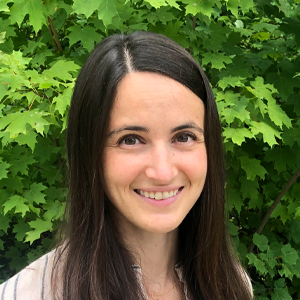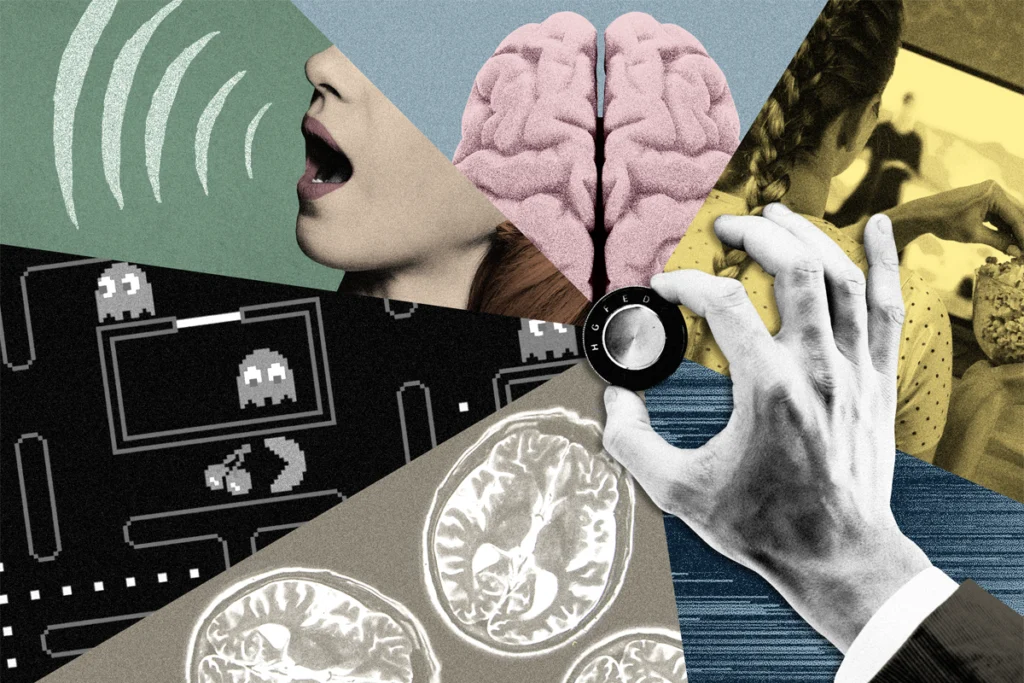Emily S. Finn is assistant professor of psychological and brain sciences at Dartmouth College, where she directs the Functional Imaging and Naturalistic Neuroscience (FINN) Lab. Finn has pioneered techniques such as functional connectome fingerprinting and connectome-based predictive modeling for predicting individual behaviors from functional brain connectivity. Her current work is focused on how within- and between-individual variability in brain activity relates to appraisal of ambiguous information under naturalistic conditions such as watching movies or listening to stories.

Emily S. Finn
Assistant professor of psychological and brain sciences
Dartmouth College
From this contributor
To improve big data, we need small-scale human imaging studies
By insisting that every brain-behavior association study include hundreds or even thousands of participants, we risk stifling innovation. Smaller studies are essential to test new scanning paradigms.

To improve big data, we need small-scale human imaging studies
Explore more from The Transmitter
Xiao-Jing Wang outlines the future of theoretical neuroscience
Wang discusses why he decided the time was right for a new theoretical neuroscience textbook and how bifurcation is a key missing concept in neuroscience explanations.
Xiao-Jing Wang outlines the future of theoretical neuroscience
Wang discusses why he decided the time was right for a new theoretical neuroscience textbook and how bifurcation is a key missing concept in neuroscience explanations.
Memory study sparks debate over statistical methods
Critics of a 2024 Nature paper suggest the authors failed to address the risk of false-positive findings. The authors argue more rigorous methods can result in missed leads.

Memory study sparks debate over statistical methods
Critics of a 2024 Nature paper suggest the authors failed to address the risk of false-positive findings. The authors argue more rigorous methods can result in missed leads.
Attention not necessary for visual awareness, large study suggests
People can perceive some visual information even if they do not pay direct attention to it.

Attention not necessary for visual awareness, large study suggests
People can perceive some visual information even if they do not pay direct attention to it.